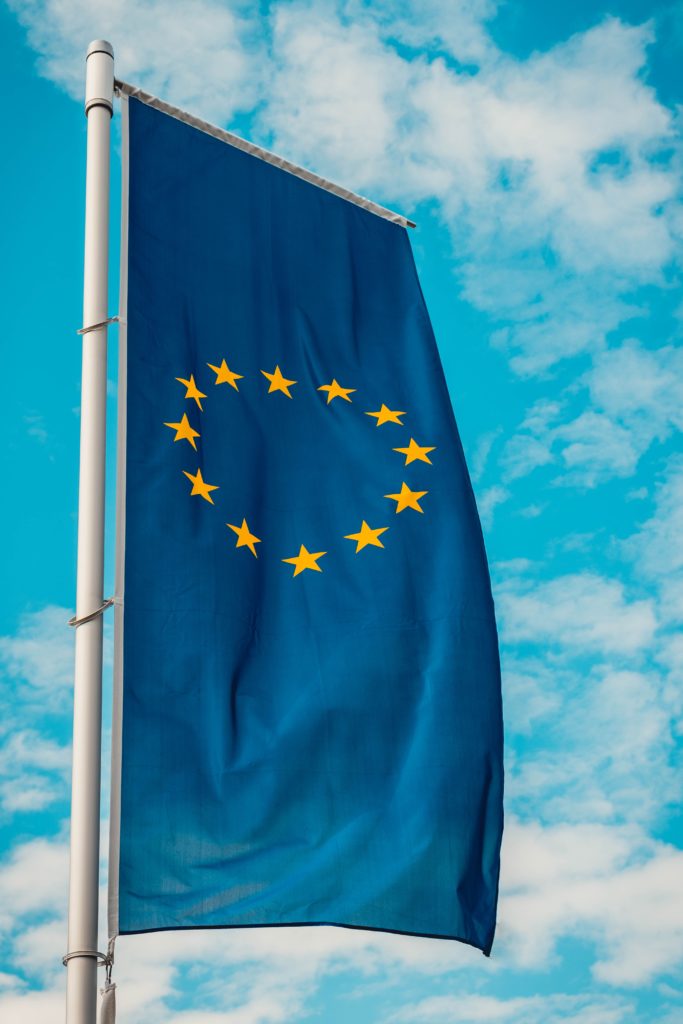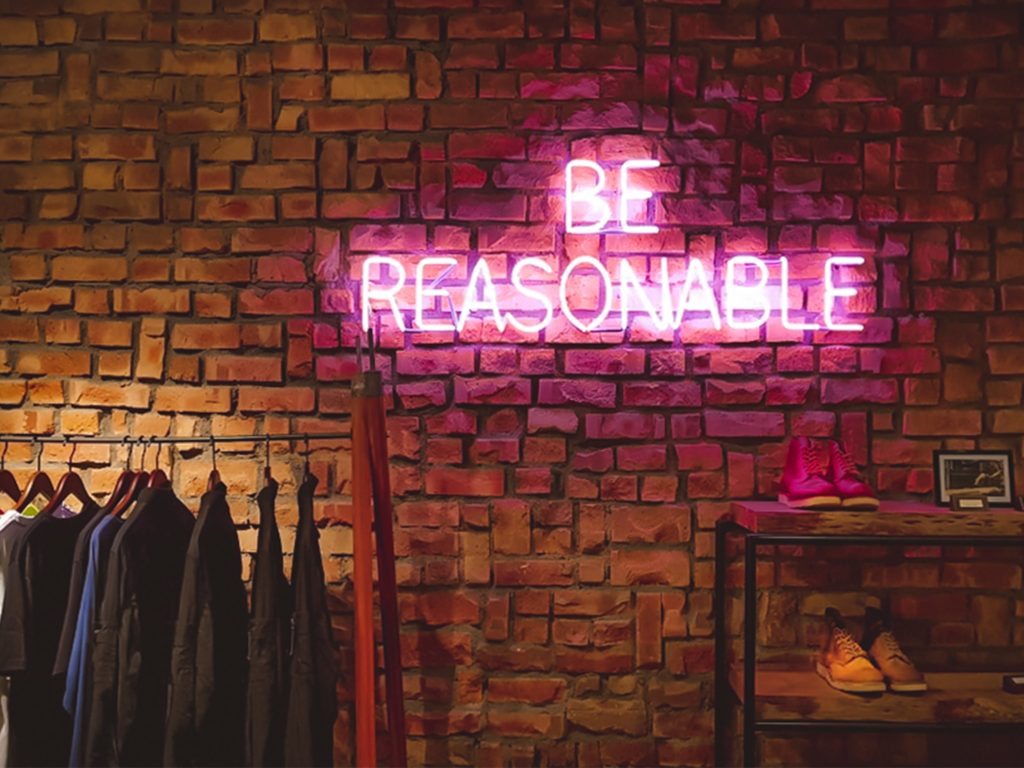
I didn’t get it?!
With a background in payment systems, I watched the rise of Bitcoin and crypto with a mix of professional smugness, and an unexpected bemusement. Unlike many, I have a very clear technical understanding of the blockchain and the underlying cryptography that makes it possible, and so I expected to “get” the whole crypto thing.
Intellectually I could see the commercial benefits that might arise when the “trust” infrastructure that we rely on for our modern lives is provided by a distributed collective rather than a centralised monopoly.
However, I never really “got it” with crypto. There was always a gap between my academic understanding that bitcoin was as good as (and probably better than) gold, and the conviction needed to get involved or invest in it.
The hype around all the other cryptos that followed bitcoin probably made my scepticism even more profound. So, I passed on buying bitcoin at sub $100 and remained content as the whole thing passed me by. The best I could do when asked, was to deliver some “sage” advice about it being probably worth young people putting in $100 in case it takes off.
Somehow not even the ever-growing number of ICOs, the public adoption by a people I respect (Elon Musk, Chamath Palihapitiya), the hype, or my hands-on understanding of the foundational technology, cleared the mist blocking my view of this world changing capability.
However, a few weeks ago, a chance comment during a side conversation with someone (shoutout to Simon) I’m mentoring, triggered a series of thoughts, and the veil lifted. I now get it! That chance comment triggered the creation of a new connection between crypto and my existing world view, and once connected the inclusion of crypto into that worldview enabled me to see a huge range of new and exciting possibilities.
Let me try and explain
1 – Money is largely just the token that gives its holder a call on other people’s time (to make stuff) plus a little bit of access to raw resources
2 – An economy is the aggregate flow of money (tokens) that a particular environment (usually a country) enables. That money flow largely reflecting people making and selling stuff to others.
3 – And a particular environment consisting of certain bits of infrastructure, but will generally include:
- The money token itself
- All the rules that apply in that environment (laws),
- All the infrastructure needed to enable people to make stuff (Roads, education, food, telecoms, healthcare etc),
- A community of people who want to be in that environment.
If the case where the environment is a country, we name the money token a currency.
The big ah ha moment for me came when I realised that what crypto/blockchain/distributed technology has done is enable a new type of digital environment (country). Each “Crypto” has its own token (coin), rules, infrastructure (tools/capabilities), and community. This has in essence, created a new type of organising structure (crypto-country? Crypto-economy?).
Once people start to make and sell stuff that are paid for by the money token of that environment, then money from outside that environment (other currencies) will flow in and put a price on that environment’s currency.
Within each of these crypto-countries specific rules and infrastructure is being built to allow stuff to be created that others value, and for which they are happy to pay (using the money-tokens relevant for that crypto-country).
As an example, the Bitcoin environment is focused on being a place (almost a country) to store value. The money token (bitcoin) is the store of value, the rules define how many bitcoin can exist (21milllion), the infrastructure provides security of storage that even resists government power, provides a rapid (minutes vs hours/days to move gold around) means of exchange, dramatically lower costs (that bullion stores cannot offer), and anonymity that people with wealth often value.
The bitcoin “crypto-economy” is a place for people looking to preserve wealth, in the face of inflation, that’s unaffected by new gold deposit finds, and that resists government whims. Such people are happy to buy bitcoin using the currency of another environment/economy/country (thus moving the price of bitcoin up).
Clearly in the early days the initial inflows into the bitcoin (and most crypto) economy are likely to exceed the outflows and so the price (in other currencies) of bitcoins is likely to keep climbing.
Etherium is another example, but in that case the focus of that environment/economy is about removing all the cost, potential corruption, and bias of legal contract system.
The use of Etherium’s “smart-contracts” where obligations, rights and consequences are all managed by unchangeable code executing agreed contracts allows 2 parties to agree to trade without any need for trust (or even to know who the other party is).
For instance, one party, A, can agreed to pay another party, B, if party B does X by date Y or party A gets their money back. Doing this sort of transaction on Etherium , means party A can deposit payment and be totally confident that only one of the 2 outcomes are possible, even if a government, mafia or other force attempts to change that.
My realisation is that there are a large number of possible environments/economies/cypto-countries who can focus on solving real and digital world problems. And as such there is, and will, be an ever-growing number of new cryptos (i.e. IOTA, Solana, Dogecoin, etc.) each solving that subset of the world’s problems where it feels its particular mix of rules, infrastructure and token enables people to it best.
Each successful crypto creates an environment that either directly solves a problem (cf. bitcoin) or enables people to make “stuff” that solves a set of problems in a better way, thereby enabling a crypto/problem set, specific “economy” and adding value to its currency.
As we are just at the start of this new era, I believe there will be huge numbers of successes (and failures) and that this new organising structure will have wide reaching consequences on the world.







